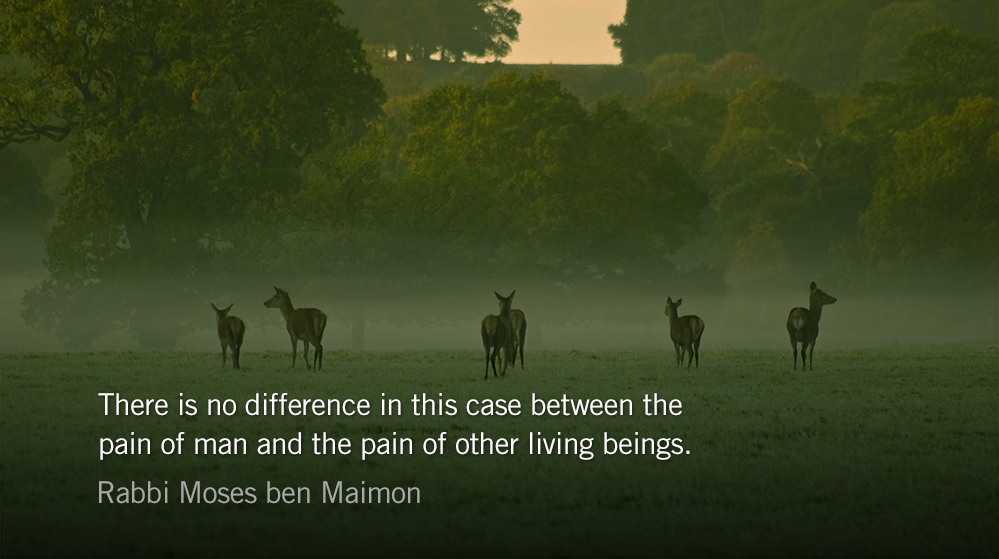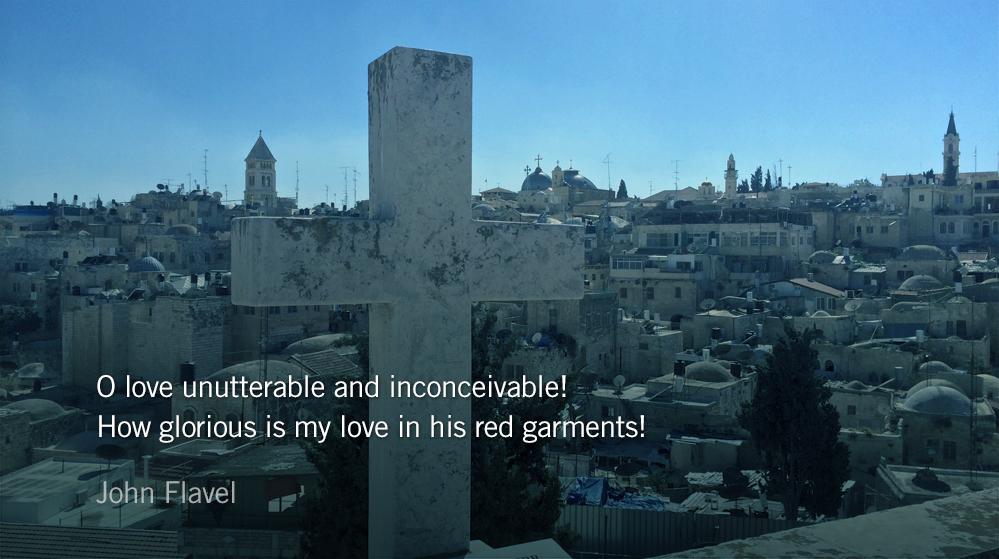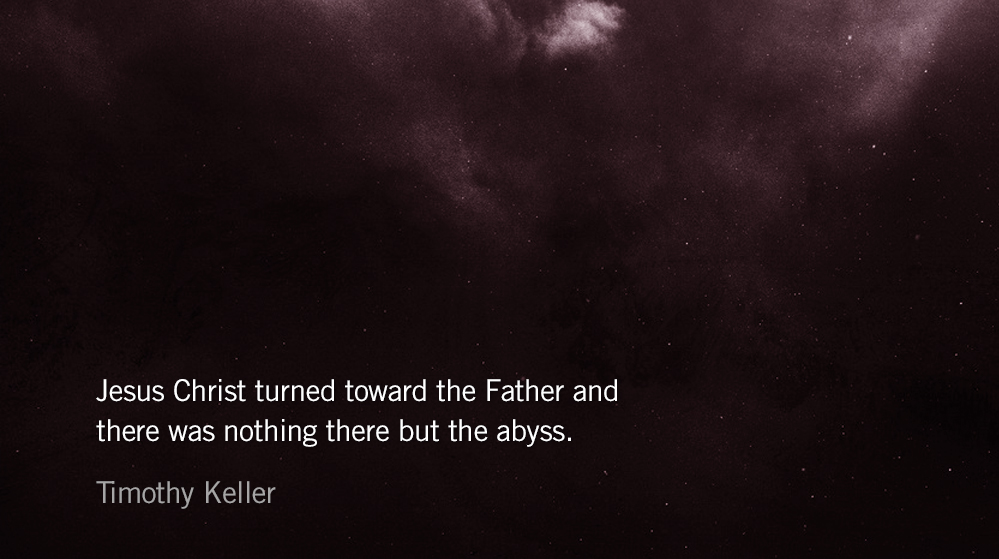If you have men who will exclude any of God’s creatures from the shelter of compassion and pity, you will have men who will deal likewise with their fellow men.
―St. Francis of Assisi
Scripture: Leviticus 22.26-28
And the Lord spoke to Moses, saying, “When an ox or sheep or goat is born, it shall remain seven days with its mother, and from the eighth day on it shall be acceptable as a food offering to the Lord. But you shall not kill an ox or a sheep and her young in one day.
Reflection: God’s Care for Animals
The Park Forum
The Bible’s attention to ethical treatment of animals is sometimes quickly dismissed in modern society. Yet, Dr. Ronald Eisenberg argues in The JPS Guide to Jewish Traditions, it is intricately linked to far greater things.
(Rabbi) Maimonides explained that one may not kill an animal and its young on the same day so that “people should be restrained and prevented from killing the two together in such a manner that the young is slain in the sight of the mother; for the pain of the animals in such circumstances is very great. There is no difference in this case between the pain of man and the pain of other living beings, since the love and the tenderness of the mother for her young ones is not produced by reasoning but by feeling, and this faculty exists not only in man but in most living things.”
He added, “If the Law provides that such grief should not be caused to cattle and birds, how much more careful must we be that we should not cause grief to our fellow man.” According to (his contemporary) Nachmanides, the purpose of this commandment was directed not toward the animal but toward humans, to purge them of callousness, cruelty, and savagery.
The reward for sparing the mother bird is so “that you may fare well and have a long life.” This is strikingly similar to the effect of observing the Fifth Commandment honoring parents—“that you may long endure on the land that the Lord your God is assigning to you”—implying that God will treat human beings in accordance with how well they care for animals.
Ultimately, however, the issue is not just downstream from our treatments of animals, but upstream to our view of God. Those who honor God as creator take care of his world—they treat animals, the environment, and the global connection of humankind with thoughtfulness and care.
Our treatment of the small is not only the model for how we’ll treat greater things the but the first fruits that demonstrate our faith in the greatest thing.
Prayer: The Request for Presence
May God be merciful to us and bless us, show us the light of his countenance and come to us.
Let your ways be known upon earth, your saving health among all nations. —Psalm 67:1–2
– From The Divine Hours: Prayers for Springtime by Phyllis Tickle.
Full prayer available online and in print.
Today’s Readings
Leviticus 22 (Listen – 4:41)
Psalm 28-29 (Listen – 2:41)











